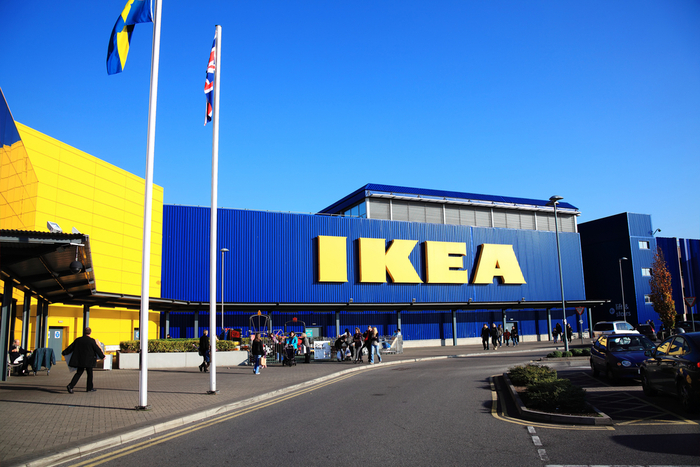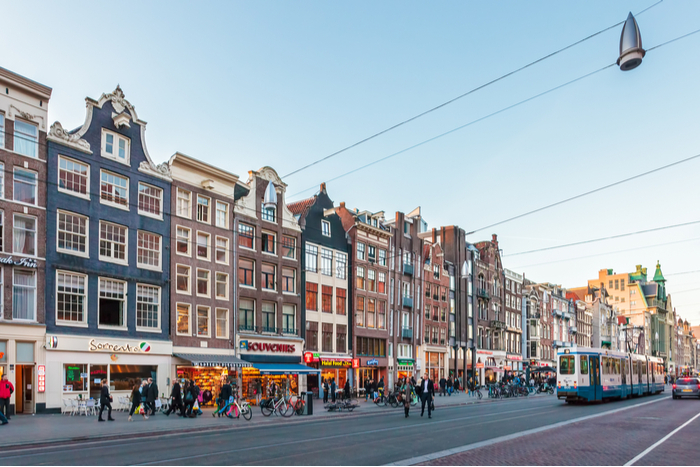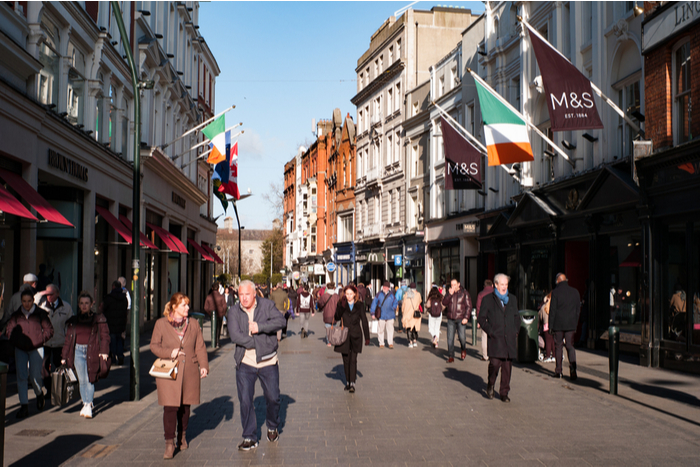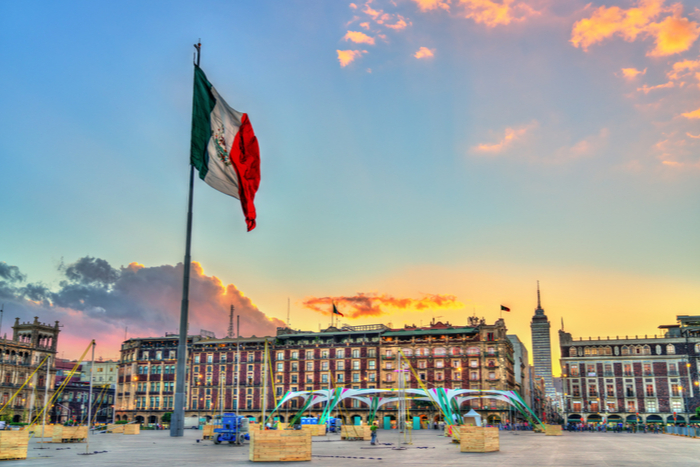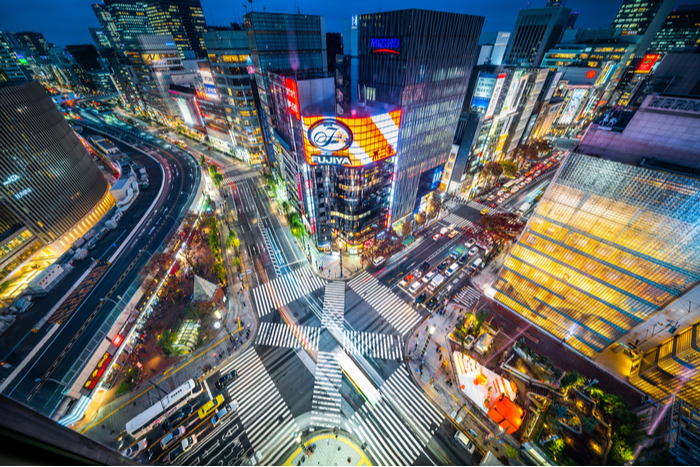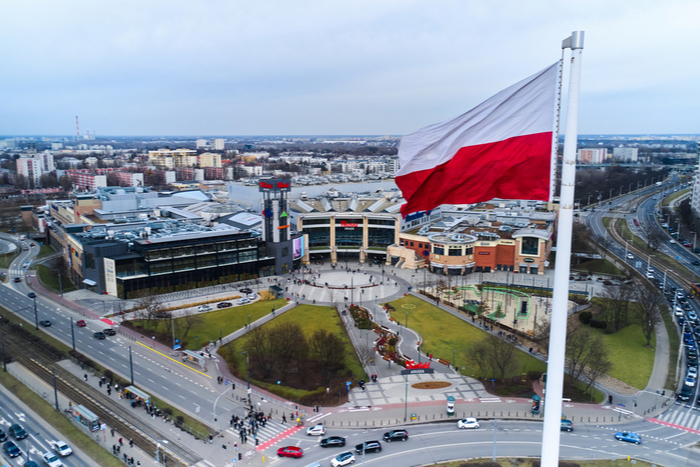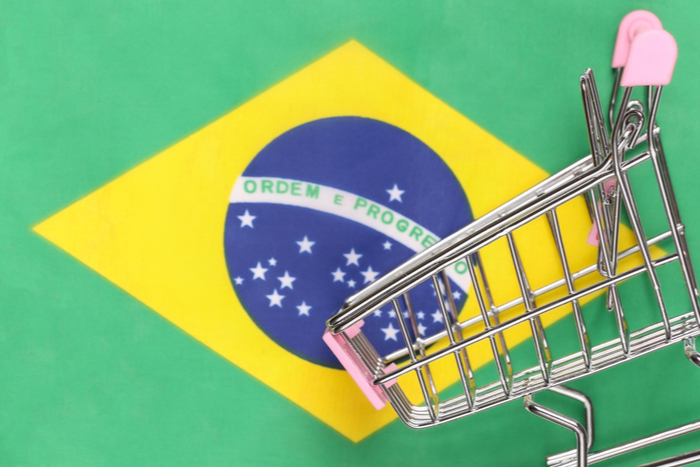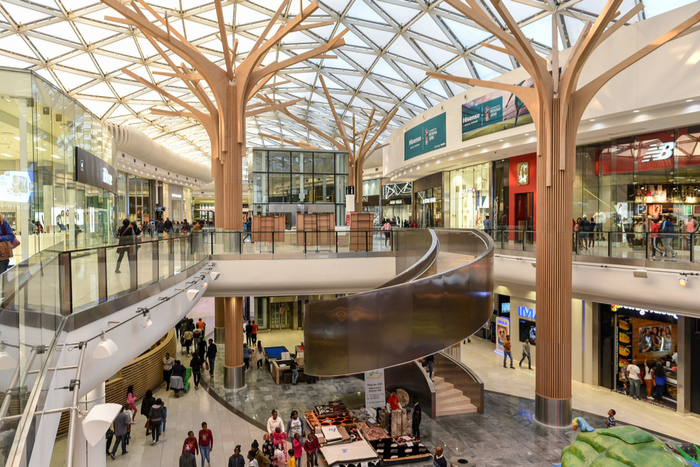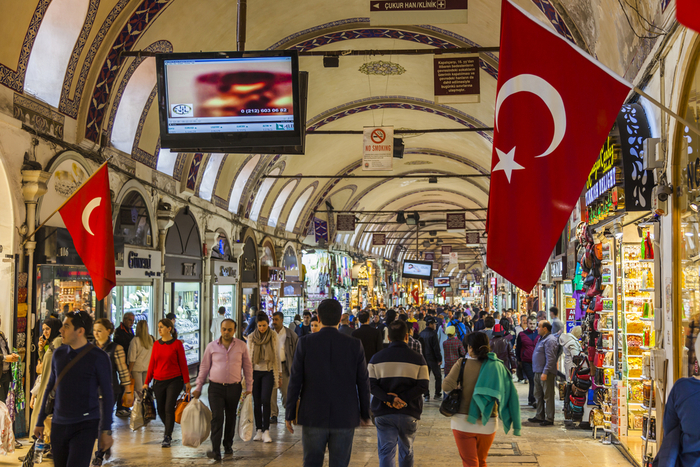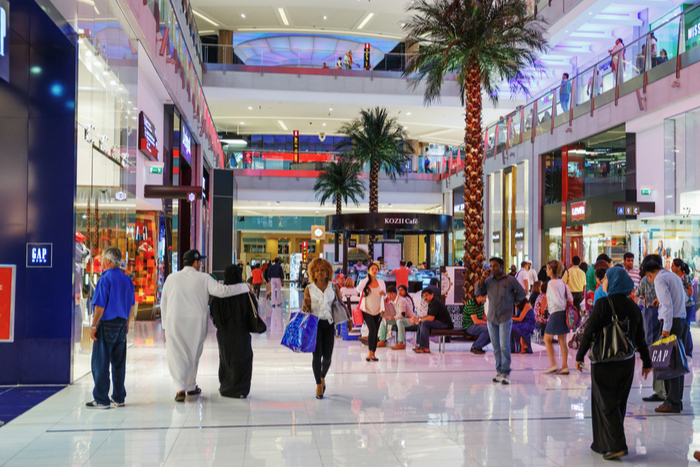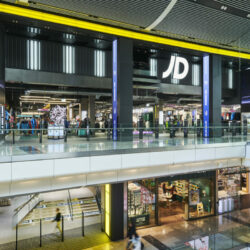Some of the largest retail companies in the world are headquartered in Sweden. When consumers think of Swedish retail, one major brand that comes to mind is furniture and homewares giant Ikea. Others may think of H&M Group, the second-biggest fashion retail empire in the world.
However, the Scandinavian country offers much more. Its economy maintained a stable recovery in 2019, according to Euromonitor, and with its population continuing to grow – the nation is fuelling competition across the globe.
According to Deloitte’s annual Global Powers of Retailing report, Ikea and H&M Group are ranked relatively high. When comparing the 2010 revenue ranking with the 2016 revenue ranking, Ikea has gained ground compared to other global retail chains. In 2010, it was ranked the 30th largest retailer in the world in terms of revenue income, and by 2016 it climbed to 26.
Meanwhile, H&M Group – which owns Cos, Monki, Weekday, & Other Stories, Cheap Monday, H&M Home, Arket and H&M itself – has fared even better in the past six years. In 2010, its annual revenue was the 60th largest in the world, and in the 2016 report, it was ranked at number 47. In Deloitte’s 2020 report, H&M edged up to 43rd place.

Although the coronavirus pandemic led to lockdowns worldwide, Sweden was heavily criticised for not implementing such a measure, opting to keep services open. With death rates rising to more than 5500 in a country of just 10 million, Sweden has largely relied on voluntary social distancing and working from home guidelines.
Despite this, Swedish retail trade increased by 3.5 per cent in June 2020 from a year earlier, following a 14.4 per cent slump in May, according to Trading Economics.
Some other well-established Swedish retailers include the likes of the Axel Johnson Group – owner of supermarket chains like Axfood, which in turn operates Willys and Hemköp – convenience store Circle K, and Systembolaget,the government-owned chain of liquor stores.
Not only are Swedish retailers performing well across the globe, Forbes Magazine’s Best Countries for Business ranking for 2019 listed Sweden in second place – just behind the UK. Sweden is considered an ideal market by several international retailers, primarily due to a highly skilled labour force, trend-focused consumers, innovation and technological advancements. Sweden’s central location and strategic gateway to northern Europe have also made it a convenient logistics hub and place for consolidated business operations.
In fact, some major retailers like Victoria’s Secret, Muji, Cartier, JD Sports, Lululemon, Oysho, Sandro, Suitsuppy, and Uniqlo entered the Swedish market in recent years, according to Karin Strassburg, business development manager at Stockholm Business Region.

Strassburg told Retail Gazette that “many retailers see Stockholm as a great test market, as consumers are known to be open minded and early adopters”.
“Furthermore, the retail market in Sweden is well developed. It is mature and innovative and can compete well in the international market,” she added.
“Consumers here increasingly favour brands that are clear about their values and strive to make a positive contribution.
“We can see a growing interest in brands that offer recycling, repairing and second-hand products.”
Brill Ivarsson, analyst at Swedish trade federation Svensk Handel, agreed. He added that Swedish consumers are “trend-sensitive early adopters who love to try new products”.
“For this reason, Sweden has become a progressive and forward-looking country over the years,” he said.
“The retail market in Sweden is well developed. It is mature and innovative”
Undoubtedly, new brands and innovations invite new consumers, but tourist numbers have dropped exponentially in recent months after the pandemic grounded flights and forced people to stay home. The Swedish government itself decided to suspend non-essential travel to Sweden from countries outside the EU, which will be in effect until August 31.
A historic low in tourism levels was recorded by the Swedish Agency for Economic and Regional Growth this year, which found that at height of the crisis in April, the total number of tourists in Sweden fell by 69 per cent compared to the year before.
“The Swedish coronavirus strategy has been questioned, not only by epidemiologists but also by economists,” Ivarsson said.
While tourist numbers in Sweden were down by 57 per cent in May, US tourists specifically, which are Sweden’s largest non-EU group of visitors, dropped by 88 per cent. And while shopping tourism had increased by SEK 66 billion (£5.79 billion) between 2000 and 2018, according to Ivarsson, it’s highly unlikely Sweden’s travel industry will not witness a bumper summer this year – much like any other tourist destination around the world.
“The recovery of the economy is completely dependent on how the spread of infection develops and forecasts must be interpreted with great caution under prevailing conditions,” Ivarsson said.
“The future is very uncertain, especially in Sweden where the spread of infection is not yet under control.”
Meanwhile, Jack Hanna, analyst at Colliers International, argued that Sweden was “already going through a tough time before the pandemic” and that the pandemic has only worsened its economy.
“Sweden’s retail climate is quite poor at the moment,” he told Retail Gazette.
“We are seeing lower rents and higher yields for retail properties, especially shopping malls.
“The drop in high street retail has been lower, but there are quite a lot of sales going on as retailers are trying to keep sales up.”
Hanna added that even though the Swedish government had a “light-touch approach” to containment measures, the pandemic still adversely affected the country’s retail sector.
“The first few months of the pandemic was the worst with both consumption and footfall being very low in comparison to previous months,” he explained.
“This led to bankruptcies and increased unemployment rates. Sales and footfall have since slightly recovered, but are still not as high and the danger is most definitely not gone.”
The Swedish market arguably offers high purchasing power, and being one of Europe’s most popular tourist destinations, it also offers an attractive business environment.
The cosmopolitan atmosphere, the entrepreneurial climate and an audience of trend-conscious and open-minded consumers arguably create exciting opportunities for brands in all retail areas. But the nation’s true testament to standing with its head high will be manifested post-Covid.
Click here to sign up to Retail Gazette‘s free daily email newsletter

